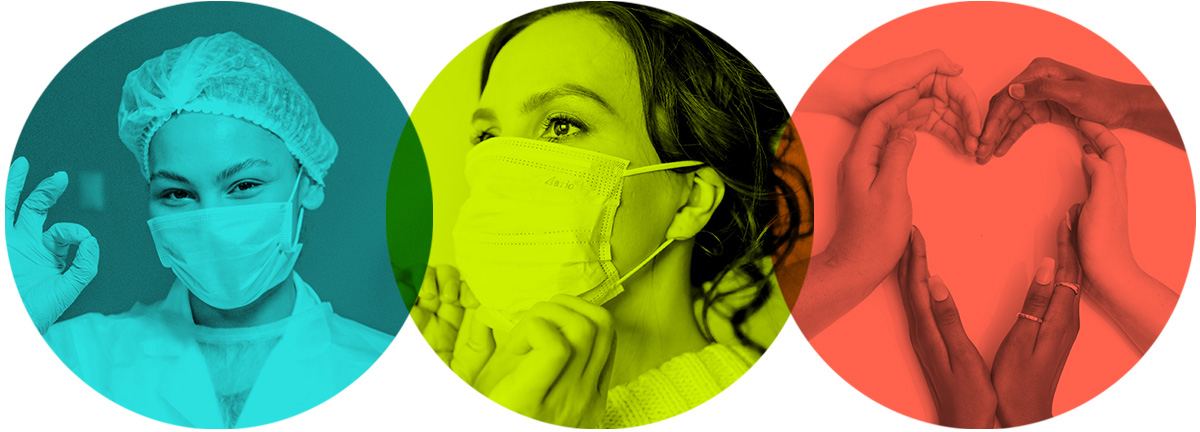Supportive Care Assistant Program – Graduates
Take your career to the next level!

Are you a graduate or student of the Supportive Care Assistant (SCA) program? Take the next step towards a rewarding and in-demand career. Receive $5,000 to pursue further studies to become a personal care provider (PSW, CCA, HCA, etc.) by May 31, 2024.
Personal care providers are one of the largest groups of healthcare workers in the country and play a crucial role in supporting the well-being of people in their community.
Why become a personal care provider? Here are just a few reasons:
- Make a positive impact: Improve lives and promote independence.
- High demand: Abundant job opportunities and growing need.
- Flexibility: Diverse work environments and schedules.
- Personal/professional growth: Develop skills and advance in healthcare.
You can apply for the $5,000 once you have graduated from the SCA program and have registered for an eligible personal care provider certificate program.
SCA students and graduates are encouraged to apply for a personal care provider certificate program as soon as possible. If you are not sure where or how to apply for your further studies, contact your SCA coordinator or you can reach us at SCA-APSS@collegesinstitutes.ca or 613-746-7093.

Discover how the $5,000 stipend transformed Arlyn from an SCA student to a proud Health Care Aide.
In October 2021, Arlyn Estolero was working in housekeeping and had no previous experience in healthcare. She was contemplating a career shift when she saw an ad for the free Supportive Care Assistant (SCA) microcertificate program at NorQuest College...
Learn MoreThe Supportive Care Assistant program is part of a national initiative in response to the COVID-19 pandemic and addresses the labour shortages in the long-term care sector. It is funded by the Government of Canada’s Sectoral Initiatives Program and is part of CICan’s Building Capacity in Long-term Care project.
Learn More
What do personal care providers do?
- Personal care providers are known by many different titles across the country including personal support worker (PSW), continuing care assistant (CCA), health care aide or health care assistant (HCA), and resident care worker (RCW).
- They help people to live comfortably with dignity.
- They typically work with older adults and people living with disabilities, medical issues, and mental health challenges.
- They promote the physical, emotional, cognitive, and social well-being of clients.
- They assist clients with activities of daily living such as: feeding, bathing, dressing, and mobility.
- Other duties could include light housekeeping and meal preparation, socialization, and companionship.
- They work closely with the healthcare team, monitor a client’s condition, and report changes or concerns.
Every day, you could make a difference in the lives of others!
Watch this short video to learn more!
A career as a personal care provider
Demand for personal care providers is high. It could be right for you if you:
- Enjoyed your SCA work placement
- Love caring for and helping others
- Can communicate effectively and have strong interpersonal skills
- Like working with others and as part of a team
- Are friendly, adaptable, and can provide warm encouragement
- Are trustworthy and honest
- Have demonstrated resiliency and sensitivity
Personal care provider programs
- Programs are typically 8 to 12 months and prepare you for a career in healthcare.
- The course content is a mix of theory and hands-on training.
- You would have courses in a classroom or simulation laboratory and clinical placements in a long-term care, home care, or community care setting.
Tips for applying to a personal care provider certificate program
- Let your SCA instructor know you’re interested; they may be able to help.
- Do some research and decide where you’d like to study – you can take the program where you’re doing your SCA program or at any other CICan member institution offering a personal care provider program. Look at the available program start dates and application deadlines.
- Ensure you meet the admission requirements.
- If you need to take a test to meet the requirements (for example a language proficiency test), start the process right away.
- Ensure you have all the documents you need to apply.
- Apply early! Application deadlines can be months before the start date and programs can fill up. You can apply for a personal care provider certificate while still an SCA student.
- Explore other bursaries and scholarships – each institution usually has information about financing your studies and can point you to resources for applying for further assistance.
- Apply for PLAR (prior learning assessment recognition) if applicable.
The $5,000 stipend details
- After you graduate from the SCA program and are enrolled in a personal care provider program, you can request the $5,000 laddering stipend.
- The money can be used for tuition, books, child or dependant care, transportation etc.
- You can receive the $5,000 in addition to any other grants or scholarships, or if the program is offered for free in your province.
- Training must be completed at a CICan member institution.
- The certificate must be completed before May 31, 2024.
When would I get the $5,000?
You would receive the funds as you progress through your personal care provider program.
- $500 before the start of the program
- $2,000 as early as three weeks after your classes begin
- $2,000 when you’re halfway done the program
- $500 when you finish the program
There are a few simple steps to get each of your payments.
Take advantage of this opportunity to take your career in healthcare to the next level!
Apply for a personal care provider certificate now. Once you’re enrolled and have completed the SCA program, request the $5,000 stipend!
Questions?
For questions, visit the FAQ section of our website or contact us at SCA-APSS@collegesinstitutes.ca or by phone at 613-746-7093.

